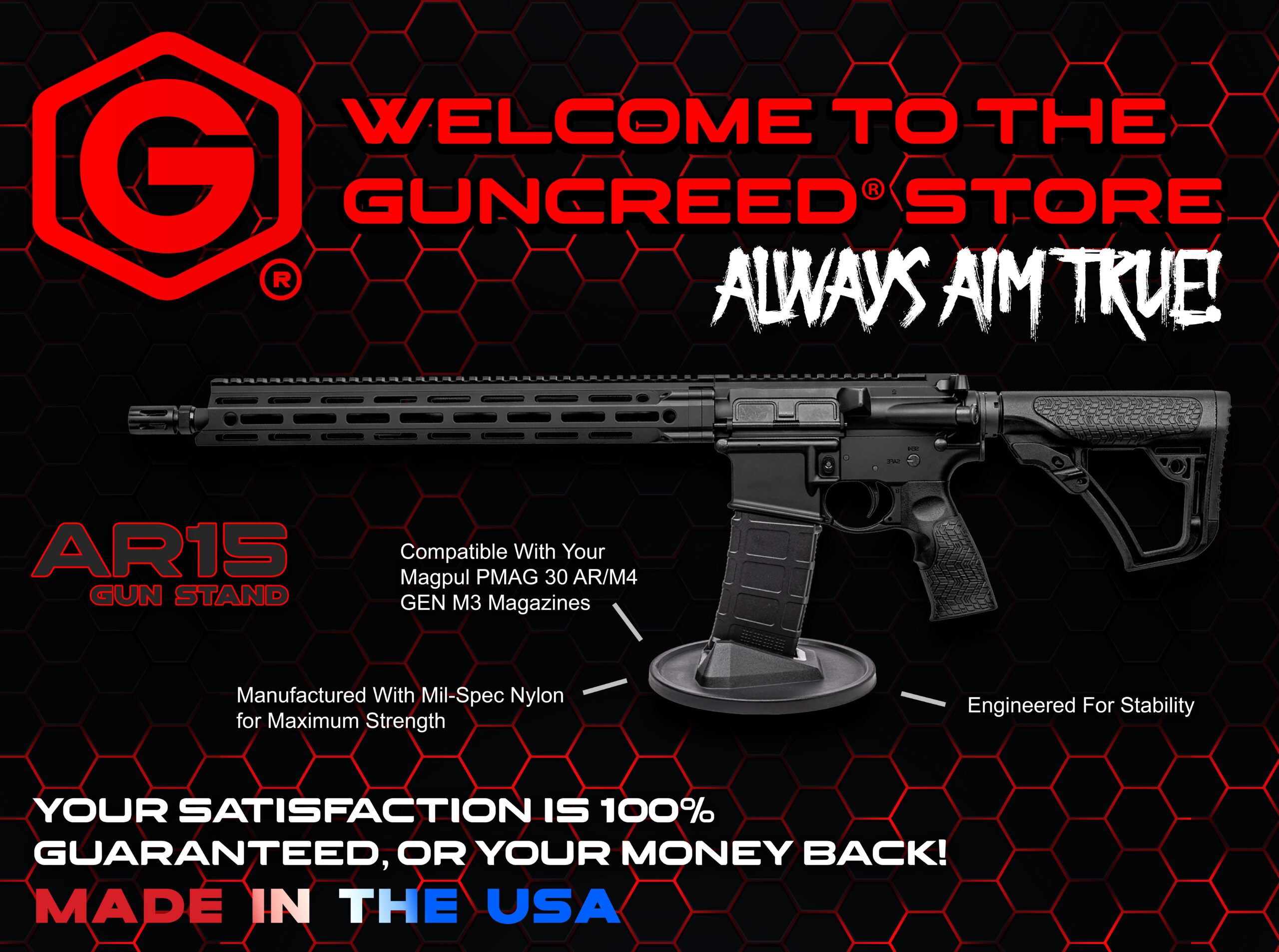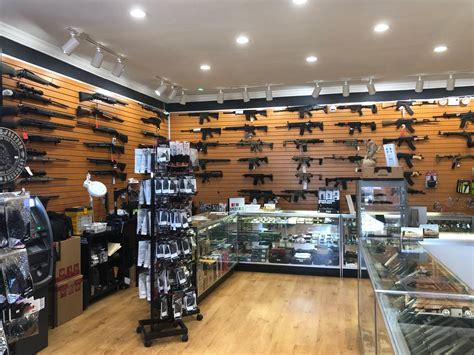


Free Shipping | 99% of all stands ship within 24 hours
We appreciate you sharing this:


We appreciate you sharing this:

Categories:
When it comes to selecting the best handgun ammunition, two critical factors dominate the conversation: stopping power and recoil. While some shooters prioritize maximum energy and penetration, others value manageable recoil for faster follow-up shots and better accuracy. Finding the right balance between these two elements is key to choosing ammunition that fits your skill level, firearm, and intended purpose. In this guide, we’ll explore popular handgun calibers, their stopping power, recoil characteristics, and best use cases to help you make an informed choice.
Stopping power refers to a round’s ability to incapacitate a threat quickly. It’s influenced by several factors:
While higher stopping power often means greater effectiveness in self-defense, it can come at the cost of increased recoil and reduced magazine capacity.
Recoil is the backward force generated when firing a round. It affects how quickly and accurately you can fire follow-up shots. Lower recoil makes shooting more comfortable, especially for beginners or those with smaller-framed firearms.
Choosing ammo with recoil you can comfortably handle is just as important as selecting one with adequate stopping power.
The 9mm is the most popular handgun round worldwide, offering a balance of stopping power, recoil, and magazine capacity.
The .45 ACP is a heavy, slow-moving round known for superior stopping power but with more noticeable recoil.
The .40 S&W was designed to offer more energy than 9mm while maintaining a manageable recoil level, though it’s snappier than both 9mm and .45 ACP.
The .380 ACP is a compact round designed for small concealed carry pistols. While less powerful than 9mm, it has minimal recoil.
The .357 Magnum is a revolver powerhouse with exceptional stopping power, but it comes with strong recoil and muzzle blast.
The .22 LR is the easiest handgun round to shoot due to its negligible recoil, but it has very limited stopping power.
| Caliber | Stopping Power | Recoil | Magazine Capacity | Best Use |
|---|---|---|---|---|
| 9mm | Moderate | Low | High | Defense, training |
| .45 ACP | High | Moderate/High | Low | Home defense |
| .40 S&W | High | Moderate | Medium | Self-defense |
| .380 ACP | Low | Very Low | High | Concealed carry |
| .357 Magnum | Very High | High | Low | Revolvers, hunting |
| .22 LR | Very Low | Minimal | High | Training, plinking |
To find the perfect balance between stopping power and recoil, ask yourself these questions:
Remember, the best ammo is the one you can shoot accurately and confidently. For most shooters, 9mm offers an ideal compromise between stopping power, recoil, and capacity. For those who value maximum impact, .45 ACP or .357 Magnum may be worth the extra recoil.
Stopping power and recoil are two sides of the same coin—more power typically means more recoil. The key is finding the round that gives you enough stopping power for self-defense while still being controllable. Test different calibers and ammo types in your firearm to see what works best for you.
Whether you choose the mild recoil of 9mm, the punch of .45 ACP, or the versatility of .40 S&W, the right ammo is the one you can shoot accurately, reliably, and comfortably.
Always follow firearm safety rules and check local laws before purchasing or using handgun ammunition.